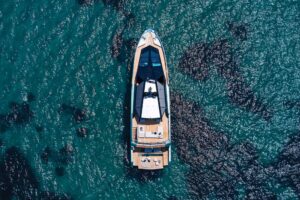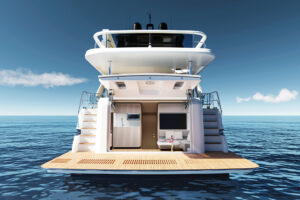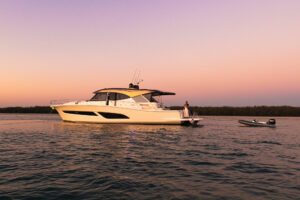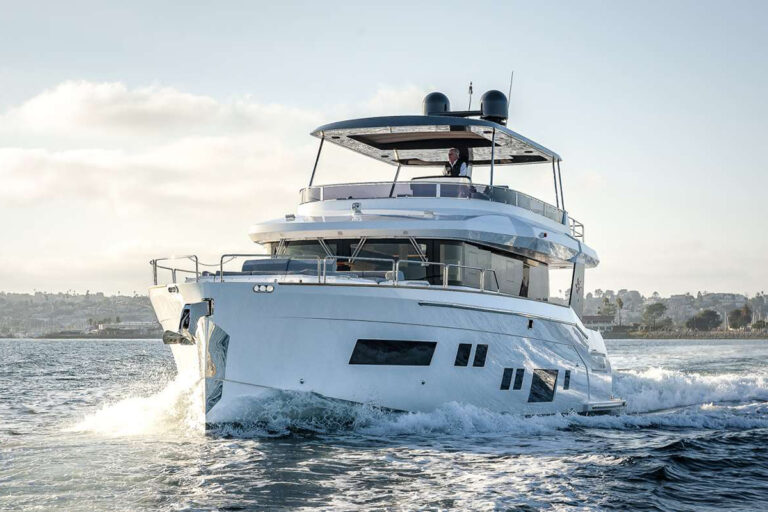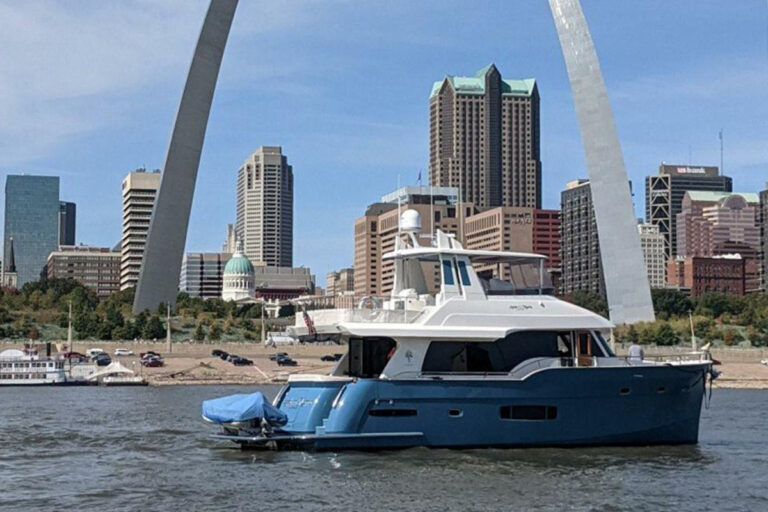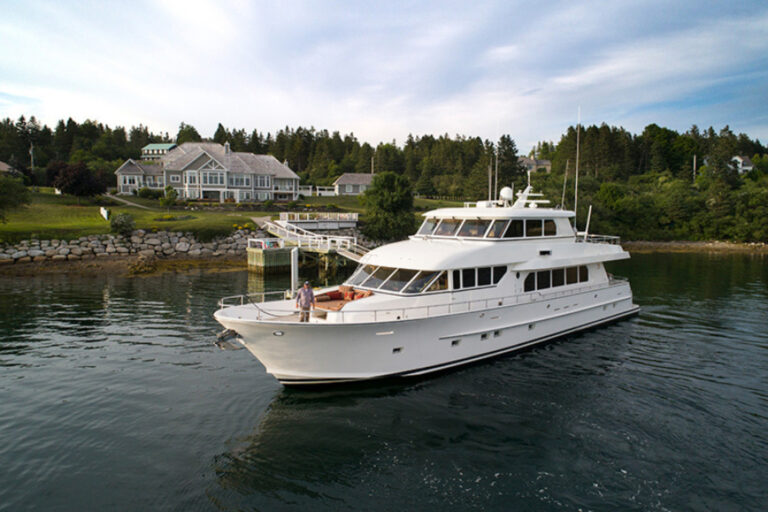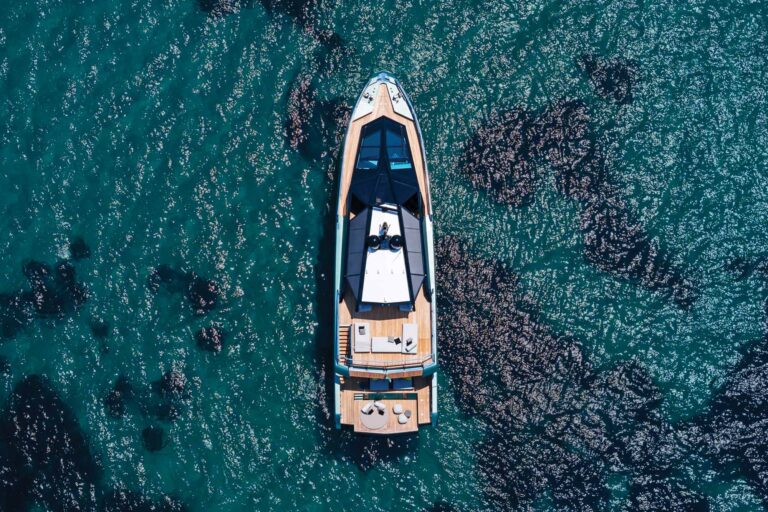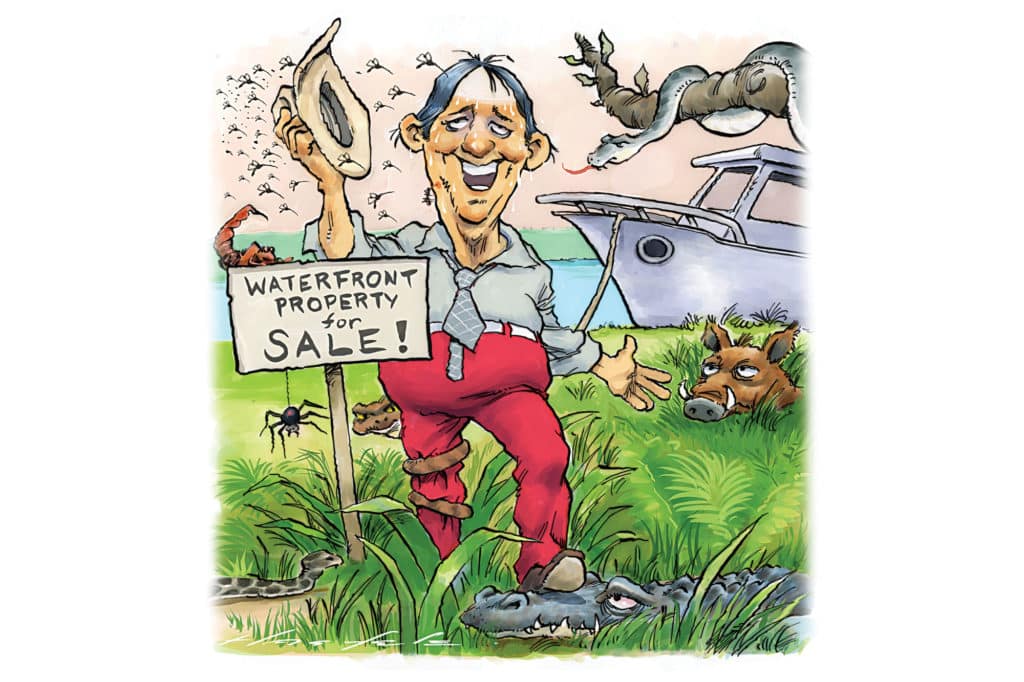
For the past few months, I’ve been working the phones, assisting a few pals attempting to trade city life for a “shack on the beach” in Florida. They’ve had a few shots, but most have been slow to draw their wallets—prices have taken wing in a seller’s market.
Bill is typical. “I don’t need much, Coyle,” he says. “Just 1,200 square feet on 60 feet of waterfront.”
Bill’s too young for bingo, but he has joined a caravan of COVID-19 refugees exiting the cities to work and play remotely. Like the average-aged pilgrim who fossilizes in Florida, these new recruits gobble up the cheery brochures and ignore the challenges of subtropical life.
I tried to reason with Bill.
“We’re crushed down here, for God’s sake,” I said, pointing out that almost 1,000 people a day choose Florida as their last stop. “Have you considered Arizona or Idaho?”
“The Californians already bought ’em,” Bill grumbled.
“How about Vermont?” I replied.
“The place is crawling with New Yorkers, and I never liked Green Acres,” he said.
“Cape Cod?” I tried.
“Sold out. Florida’s the only game in town—lots of turnover, if you catch my drift,” Bill said laughingly.
His only real concern about Florida, he said, was “this climate-change thing.” He wanted to know how high above sea level was high enough to withstand a hurricane.
“Western North Carolina,” I said, explaining that since I’d surveyed the leftovers of Hurricane Andrew in 1992, I’d given big storms a wide berth.
“Summer’s hot, huh? Gotta have a pool,” Bill said.
“It won’t help much,” I said. “The water in ours is 95 degrees Fahrenheit by August.”
“Mosquitoes?” Bill blurted nervously.
“Which ones?” I replied. “We’ve got ’em with dengue and West Nile, and plenty of black-widow spiders, and scorpions and snakes as well.”
“What about alligators?” Bill asked.
“Not much of a concern unless you’re a golfer,” I explained.
Bill seemed agitated. I saw my opportunity.
“With remote-office technology and modern communications, why tie yourself down with a house? Let’s see: 1,200 square feet, waterfront, living room, master suite, two bedrooms, Jack and Jill head, kitchen, and patio. You’re looking at a 60-foot motoryacht. And you could probably find an older sled for less than a realtor’s commission on the places you’re looking at.”
“Are you out of your mind, Coyle?” Bill asked. “I don’t know how to drive a boat.”
“You can hire a captain until you catch on,” I said. “Driving on the Intracoastal Waterway is easier than dragging a fifth wheel down Interstate 95. Park a few months here, a few months there, and visit New England for the summer. The storms are usually winded by the time they get there.”
“How much will I lose?” Bill asked.
“Think of it as what you’ll gain,” I said. “It’s the perfect hedge, given the waterfront boom and climate change. When sea levels rise and waterfront prices fall, you’ll still be above water.”
“Good God, Coyle. It sounds like an ark,” Bill said.
“Hm, you hadn’t mentioned pets,” I said. “Three hundred cubits it is.”

